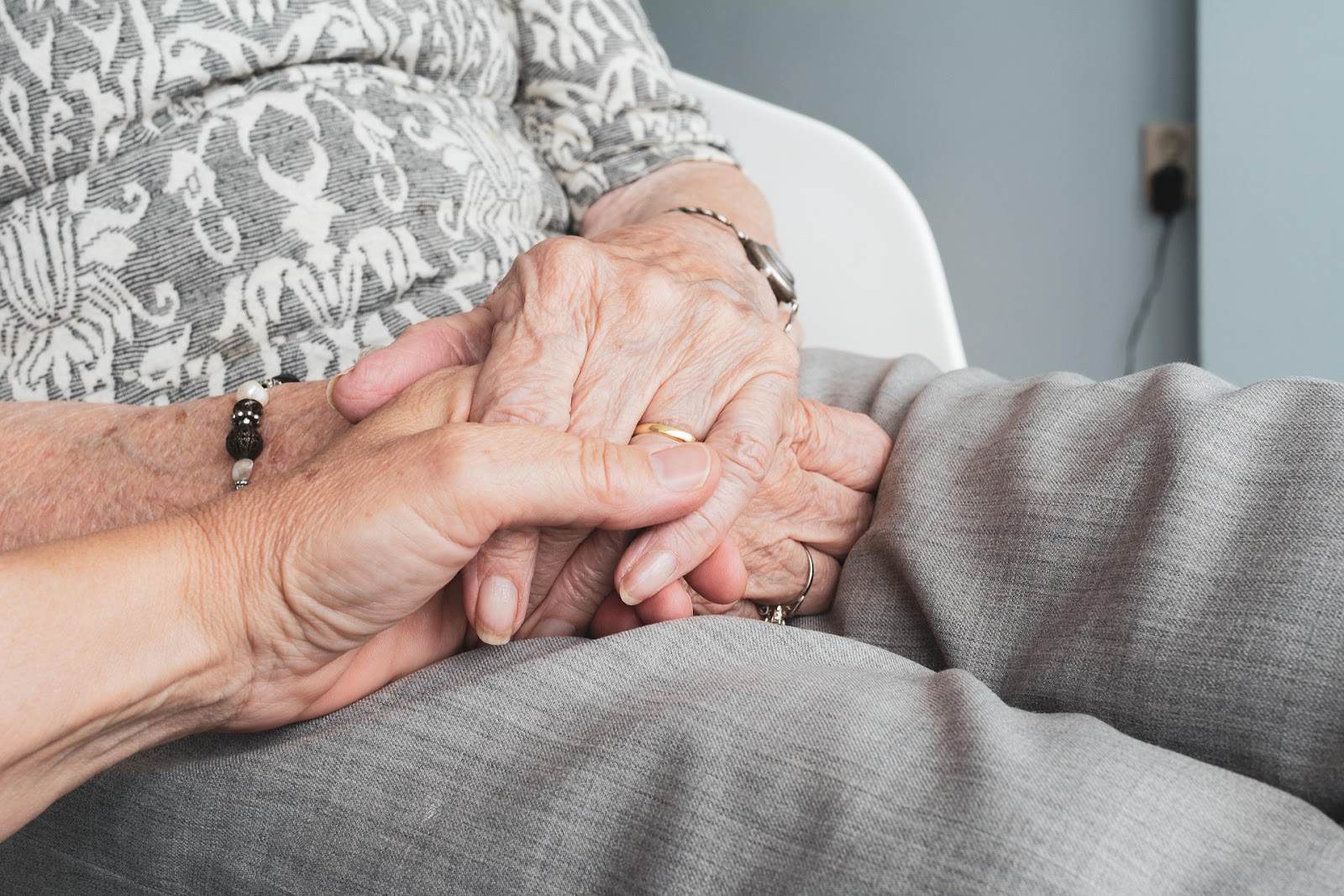We may earn money or products from the companies mentioned in this post. This means if you click on the link and purchase the item, I will receive a small commission at no extra cost to you ... you're just helping re-supply our family's travel fund.
As your parent begins to get older, it’s important that you keep an eye out for any changes in their health, and behavior.

Image by Sabine van Erp from Pixabay
You also need to look at their ability to manage daily life. While some adjustments are always a part of normal aging, others may be indicative of the fact that they need a live-in caregiver.
Recognizing all of these signs early will make a significant difference in the quality of life your loved one experiences.
Difficulty with Daily Tasks
When your elderly parent begins to struggle with routine tasks such as cooking, bathing, or cleaning, it may be time for you to consider extra help. These daily tasks are extremely important for maintaining their independence and well-being.
A live-in caregiver will be able to step in to assist while allowing your parent to continue living comfortably at home.
Memory Lapses and Confusion
Everyone forgets things now and then. However, frequent memory loss, or getting lost in familiar areas is a sign that there is cognitive decline. If your parent starts missing appointments, or misplacing items, they may need regular supervision as well as structure.
A caregiver will be able to provide the stability and help they need to manage medication, their appointments, and daily schedules.
Decline in Personal Hygiene or Appearance
Unwashed clothes, obvious body odor, or even unbrushed hair usually point to physical as well as emotional difficulties. A decline in personal hygiene is one of the first visible signs that something is not quite right.
A caregiver can help with grooming, as well as laundry, and personal care. This will preserve both the dignity and comfort of your parent.
Social Withdrawal
Isolation and loneliness can have a big impact on mental as well as physical health. If your parent has stopped socializing and no longer wishes to take part in hobbies, they may be experiencing depression or anxiety.
A caregiver will offer companionship in addition to physical assistance. This will help your loved one stay socially engaged.
Increased Risk of Accidents
Falls, unexplained bruises, or even near misses are always major red flags. Older adults tend to be more vulnerable to injury.
Having repeated accidents can quickly lead to a big decline in health. A live-in caregiver will be able to monitor your parent’s movements and reduce fall risks.
They can also ensure safety throughout the day. In some cases, families may also explore assisted living as a long-term solution for constant supervision and care. This may be something you want to explore if you are not completely comfortable with having someone living in the home full time.
Get the Help You Need
Noticing these signs doesn’t mean your parent has to give up all of their independence. What it means is that it is time to explore additional support for them.
A caregiver is someone who will be able to greatly enhance your parents’ quality of life by offering help with daily activities. They will also be able to give emotional support, as well as peace of mind for your family.
By acting early, you will be able to ensure that they get the right care at the right time.
Leave a Reply